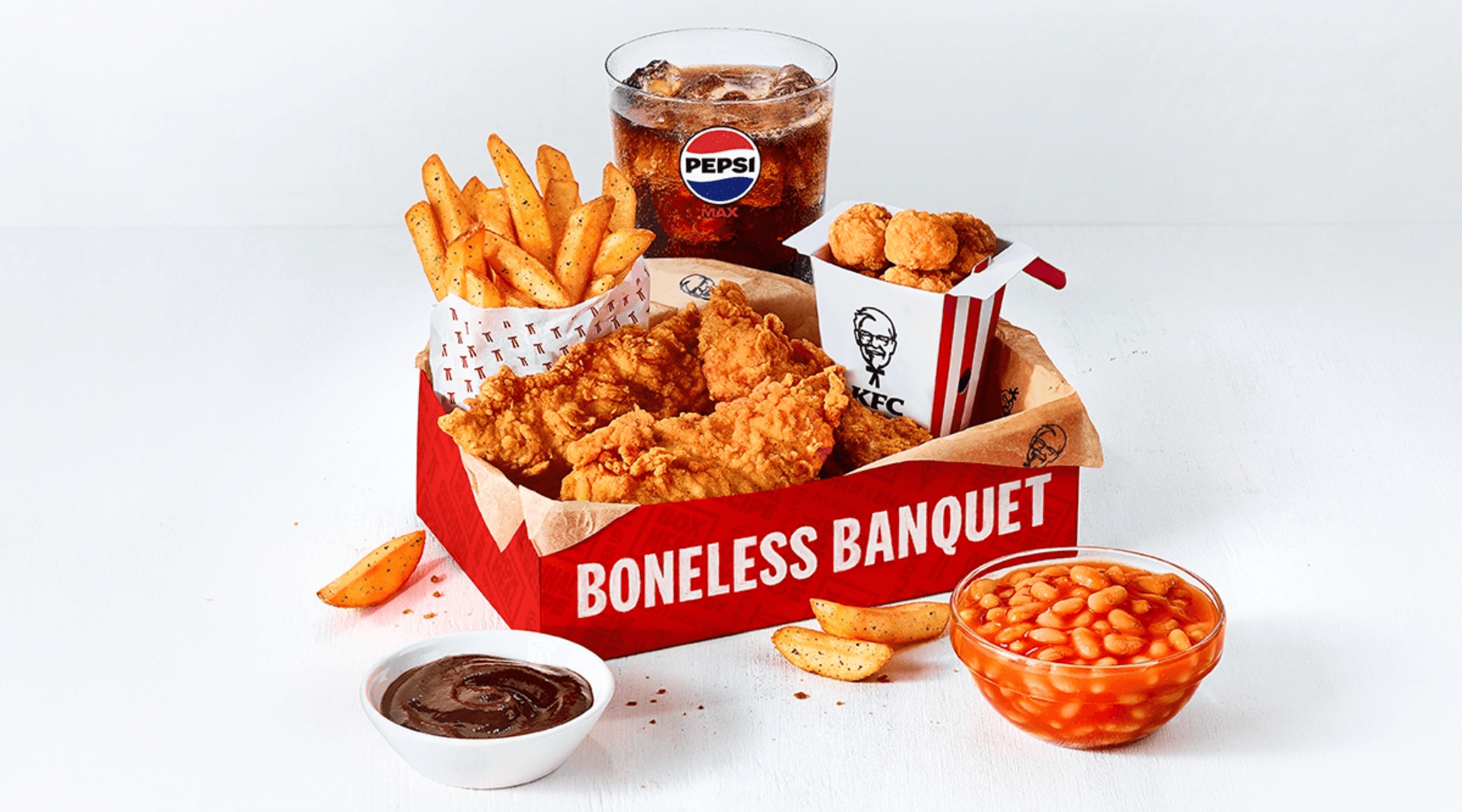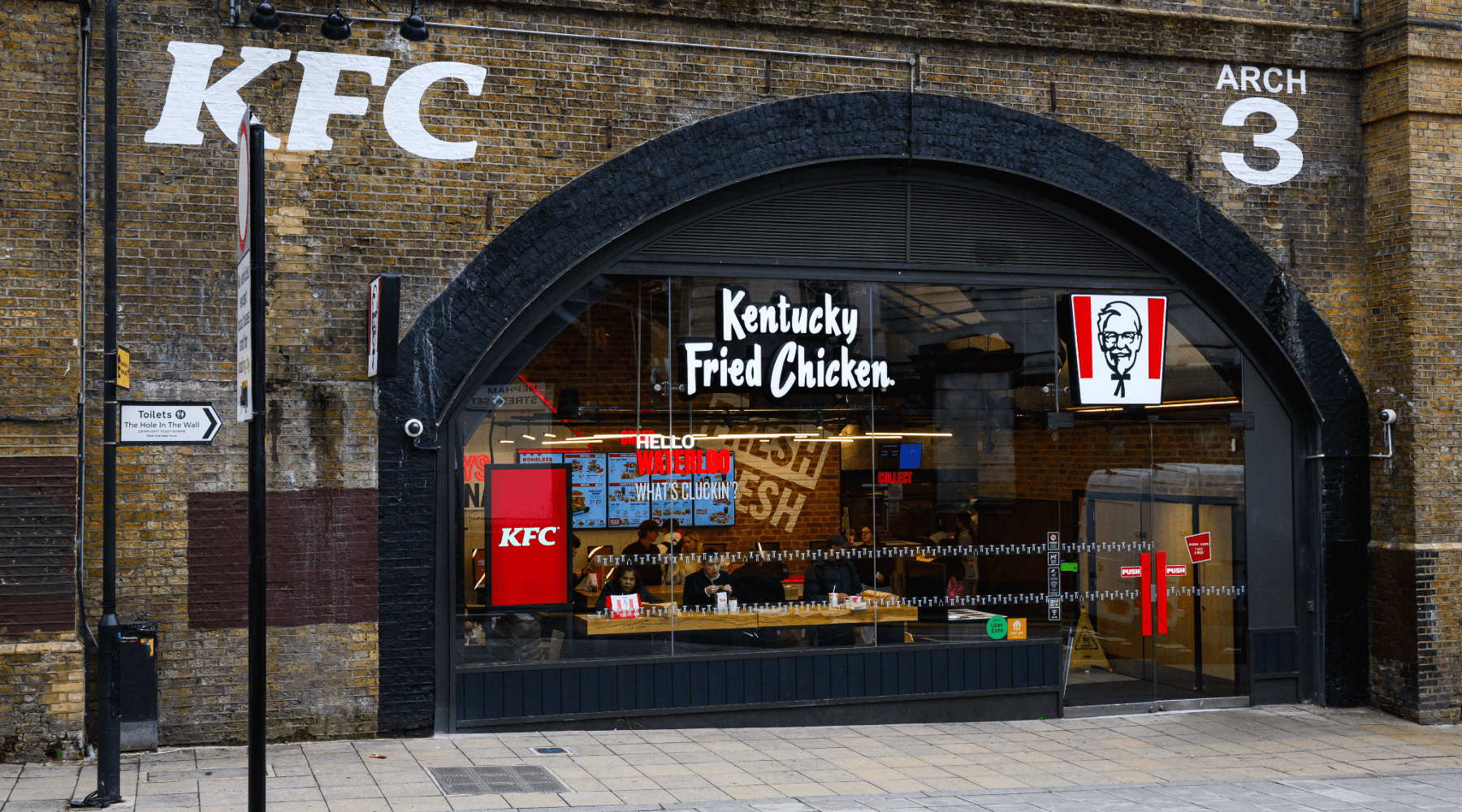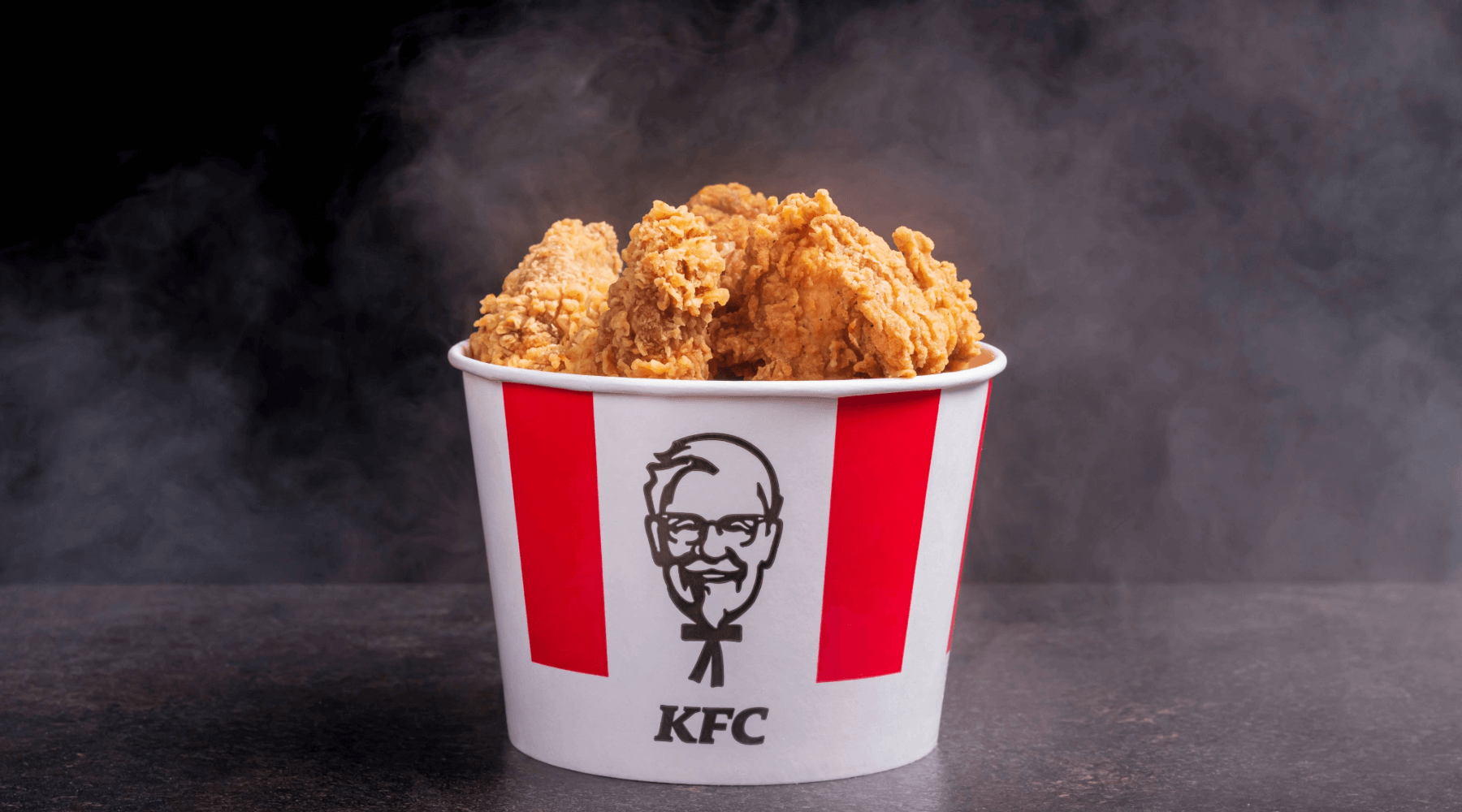HMRC Triumphs in KFC VAT Dispute Over Dip Pots
Posted by Stelios on 19th Oct 2024 Reading Time:
In a recent case, the First-Tier Tribunal (FTT) upheld HMRC’s decision that dip pots sold with KFC takeaway meal deals form part of a single, VATable supply of hot food. The ruling followed Queenscourt Limited’s appeal, which argued that the dips should be considered a separate, zero-rated supply. The tribunal’s decision has significant implications for KFC and businesses facing similar VAT classification challenges.
The case, Queenscourt Limited v HMRC [2024] UKFTT 00460 (TC), centred on whether the dip pots—often mayonnaise or barbecue sauce—should be taxed separately as cold food or bundled with hot takeaway meals like KFC’s popular “Boneless Banquet.” The meal deal, which includes hot chicken, fries, sides, a drink, and a dip pot, is sold at a discounted price compared to purchasing each item individually.

The legal issue was whether the dip pots formed part of a single composite supply with the hot meal or were independent. Under UK VAT law, hot takeaway meals are subject to the standard 20% VAT rate, while cold food sold for consumption off-premises is typically zero-rated.
HMRC contended that the dip pots were ancillary to the meal and, therefore, should be taxed at the same rate as the hot food. Queenscourt Limited, which operates several KFC franchises, initially accounted for VAT on the basis that dip pots were part of a single, standard-rated supply. However, in 2019, Queenscourt changed its position, believing the dips should be zero-rated and filed for a refund on overpaid VAT. While HMRC initially repaid part of the VAT, it later reviewed the case and reversed its position, prompting Queenscourt’s appeal.
The FTT ruled that the dip pots were not a separate supply but rather an accompaniment to enhance the enjoyment of the hot food. This aligned with HMRC’s position, which argued that the dips were sold within a discounted bundle, not as standalone products, making them part of the primary supply of the meal.
The tribunal emphasised that while the dip pots could be purchased separately, most were sold as part of meal deals. Consumers could choose not to include a dip in their order, but this flexibility did not change the economic reality that most dips were consumed with hot food, not on their own.

The tribunal’s decision mirrored a similar ruling from 2003 involving Domino’s Pizza. In that case, dips were considered part of a single supply because they were embedded in the packaging of every pizza order. KFC’s dips, however, are listed separately on menus and can be purchased on their own, leading Queenscourt to argue that they should be treated differently. Despite these distinctions, the tribunal found that the dips were still ancillary to the hot food and, therefore, subject to VAT.
KFC’s large customer base—an estimated 12 million customers daily—makes this VAT classification a financially significant issue. Suppose one in three customers purchases a meal deal that includes a dip pot; that amounts to 4 million dip pots sold daily. Each dip pot contributes approximately £0.08333 in VAT, which translates to a daily VAT liability of £333,320.
This case is a cautionary tale for businesses dealing with VAT on bundled products. It highlights the importance of carefully assessing whether individual elements of a product offering should be treated as separate supplies or part of a composite whole. For companies in the food and beverage sector, where meal deals are common, this ruling reinforces the need for clear guidance on VAT treatment to avoid costly disputes with HMRC.
 While Queenscourt argued that HMRC’s initial repayment of VAT created a legitimate expectation, the tribunal dismissed this claim, asserting that businesses cannot rely on an error made by HMRC. The ruling affirmed HMRC’s authority to reassess and correct earlier decisions, even if the initial repayment was mistaken.
While Queenscourt argued that HMRC’s initial repayment of VAT created a legitimate expectation, the tribunal dismissed this claim, asserting that businesses cannot rely on an error made by HMRC. The ruling affirmed HMRC’s authority to reassess and correct earlier decisions, even if the initial repayment was mistaken.
The FTT’s decision underscores the complexity of VAT law, particularly regarding bundled products like meal deals. Businesses must ensure that their VAT accounting practices align with HMRC’s guidance, especially when dealing with bundled items that may straddle different VAT rates. For KFC, the ruling means that its dip pots will continue to be taxed as part of the meal, contributing to its overall VAT liability.

